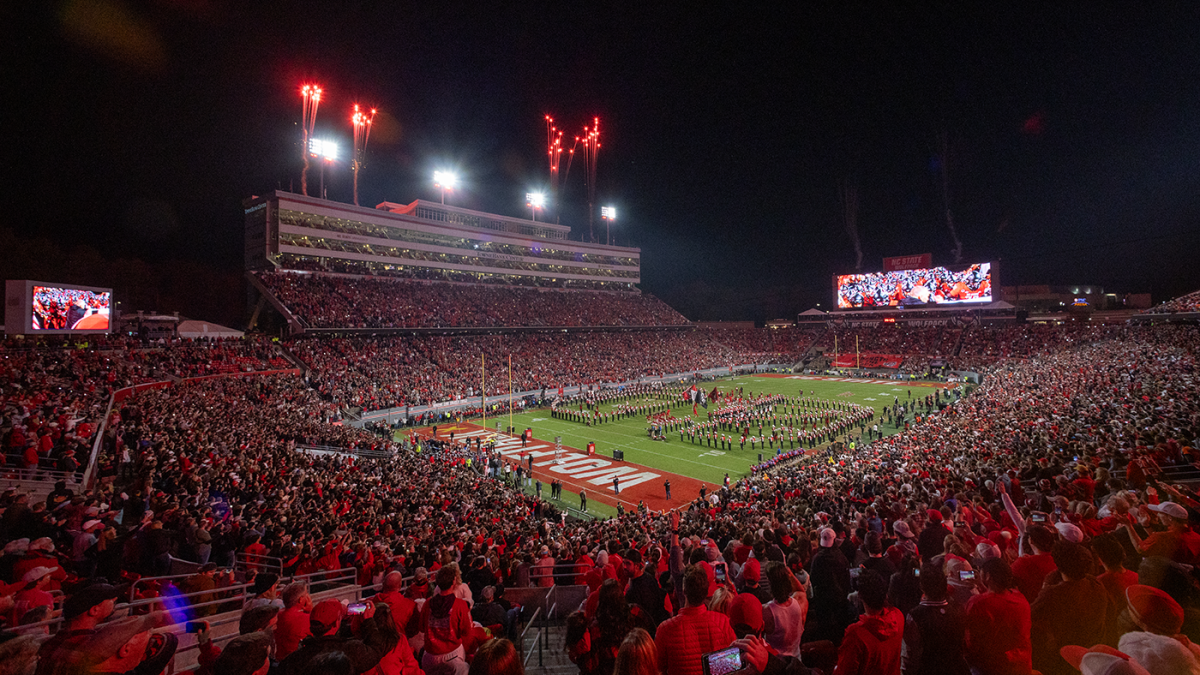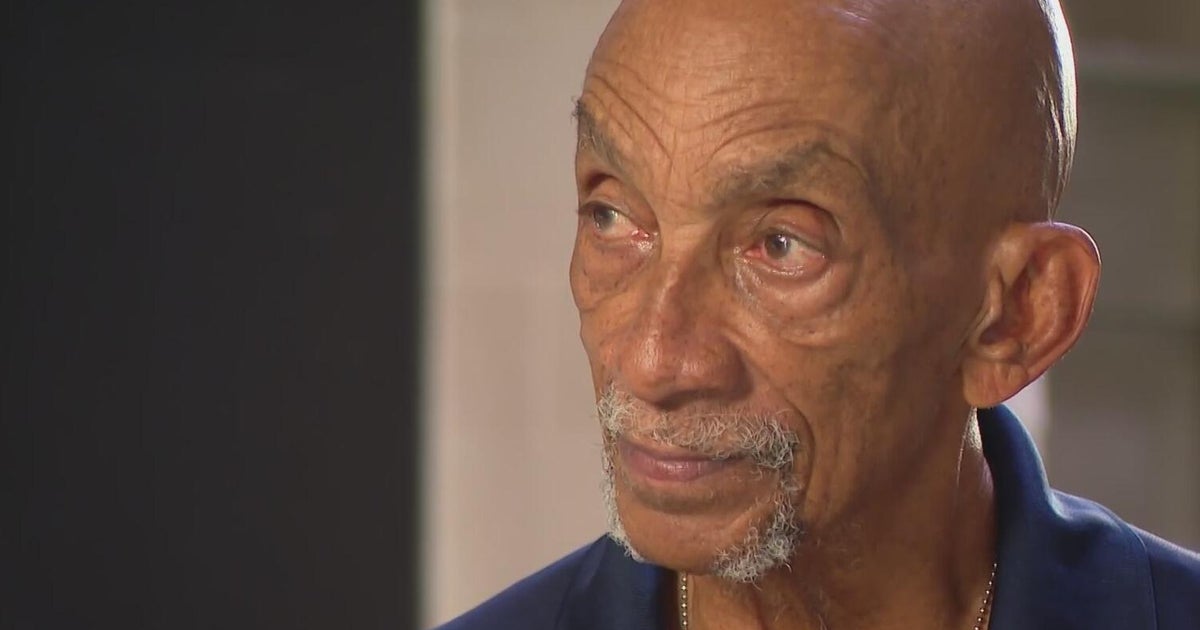STARKVILLE, Miss. — When Mississippi State athletics director Zac Selmon first read about Kentucky’s bold leap into uncharted territory, he paused.
“We’ve looked at a handful of different models but haven’t activated anything yet as far as privatization,” Selmon said. “We’ve looked at a variety of different things that we probably will act on pretty soon that will put us in a good position to stay within the rules and be as competitive as possible. We haven’t gotten quite there yet.”
Selmon’s curiosity has become emblematic of the cautious scrutiny now spreading across college athletics. For decades, university athletic departments operated as intricate branches of sprawling institutions, answerable to state rules and university boards.
When Kentucky spun off its entire athletics operation into an LLC called Champions Blue on July 1, it signaled that the status quo might be crumbling under the pressure of the NCAA’s new revenue-sharing era.
For Mississippi State and other schools, the Kentucky experiment is more than a curiosity, it’s a potential model, or perhaps a warning.
As the NCAA settlement allows for direct payments to student-athletes of up to $20.5 million per school in 2025-26, university officials like Selmon are weighing how to cover these costs without simply asking fans to dig deeper into their pockets or gutting sports that don’t turn a profit.
“That’s not fair to them all the time, and frankly, it’s not going to be viable in our state,” Kentucky athletics director Mitch Barnhart noted, underscoring the financial squeeze felt across the SEC and beyond.
Kentucky’s solution was as radical as it was pragmatic. By launching Champions Blue LLC, Kentucky gained newfound nimbleness to pursue public-private partnerships, develop mixed-use real estate, and even explore campus hotel projects.
These moves, the university hopes, will unlock fresh revenue streams that don’t rely on ticket hikes or traditional fundraising.
“Taking the area around our football stadium and…doing some things that may create a relationship with local businesses,” Barnhart said. “There are opportunities for possible hotel/motel lodging on our campus where maybe we could be a partner to that would make some sense.”
Selmon, whose tenure at Mississippi State has been marked by a willingness to study innovative models, recognizes the potential for such moves in Starkville.
“We probably will act on [privatization] pretty soon,” he said, hinting at the breadth of possibilities the LLC model opens up.
Still, he and his peers remain wary, watching Kentucky’s first steps for both inspiration and cautionary tales.
It’s not just about money. The legal implications of Kentucky’s LLC gambit are complex, especially regarding sovereign immunity and Title IX.
Some wonder whether shifting to a nonprofit LLC could expose the university to lawsuits once shielded by state protections.
James Nussbaum, a legal expert with deep experience in higher education, believes that “schools have navigated that for a while.”
Schools have often using affiliated foundations to skirt public records laws and insulate themselves from certain liabilities.
Of particular concern is gender equity. The House v. NCAA case has already triggered legal challenges claiming that new payment models violate Title IX.
Scott Schneider, a leading employment and Title IX attorney, explains that an LLC could serve as a partial buffer—if structured correctly.
“Could we do this where the TV revenue, for instance, goes directly to the LLC and there’s no operational control by the athletics department? Could that create some buffer? Yeah, arguably so,” Schneider told The Athletic.
But there's also a warning.
“There’s very little applicable case law around Title IX in this context,” Schneider said.
For Selmon and other athletic directors, the stakes go beyond legal theory. Within Champions Blue, employees are no longer classified as state university workers, a move that could pave the way for new types of contracts, benefits, and, maybe most controversial, the direct employment of athletes.
“If 10 years down the road we have an employee model for college athletics that looks a little bit different, that might be a place we look a little different and we have an ability to move more efficiently or be better at it than we could have previously,” Barnhart told CBS Sports.
Selmon’s team at Mississippi State is watching closely. The lure of flexibility and entrepreneurial freedom is real.
Division I schools reported nearly $17.5 billion in athletic revenue in 2022—a number that will only grow as new media deals and expanded playoffs are the rage right now.
With opportunity comes risk, though. If Champions Blue falters, Kentucky, and any school that follows, could find itself exposed to lawsuits, regulatory scrutiny, and fan backlash.
The experiment is not lost on Kentucky’s leadership. They know Champions Blue is a gamble, but one that could pay off handsomely if it can deliver on promises of innovation and efficiency.
The LLC’s board, which includes heavyweights like President Capilouto and Keeneland CEO Shannon Arvin, will oversee not just compliance but strategy, aiming to keep Kentucky both competitive and solvent in a landscape where the old rules no longer apply.
“We’re in a moment where we can’t afford to wait,” Barnhart said. “Early on it’s going to be like drinking out of a fire hose… but I don’t want to sit on the sidelines and say we’ll get to it sooner or later. I’d rather go ahead and tackle it and let’s try to figure it out.”
For Selmon and Mississippi State, that means watching, learning, and preparing to adapt, perhaps swiftly, if the Kentucky model proves both resilient and lucrative.
If Champions Blue succeeds, it could spark a wave of LLC conversions across college athletics, fundamentally reshaping how college sports are run.
If it stumbles, it will serve as a cautionary tale for every athletic director, Selmon included, navigating the new era of revenue sharing.
As Mississippi State’s Selmon studies Kentucky’s every move, it's clear they may be thinking the future belongs to those willing to rethink the game before the next whistle blows.







 English (US) ·
English (US) ·